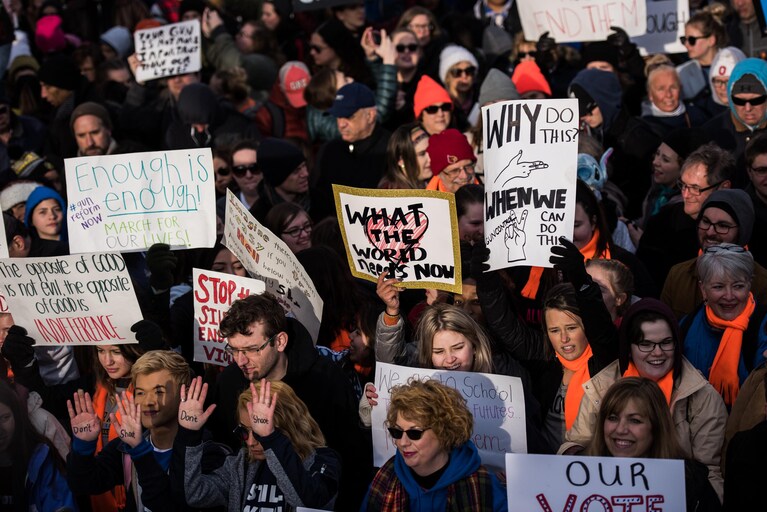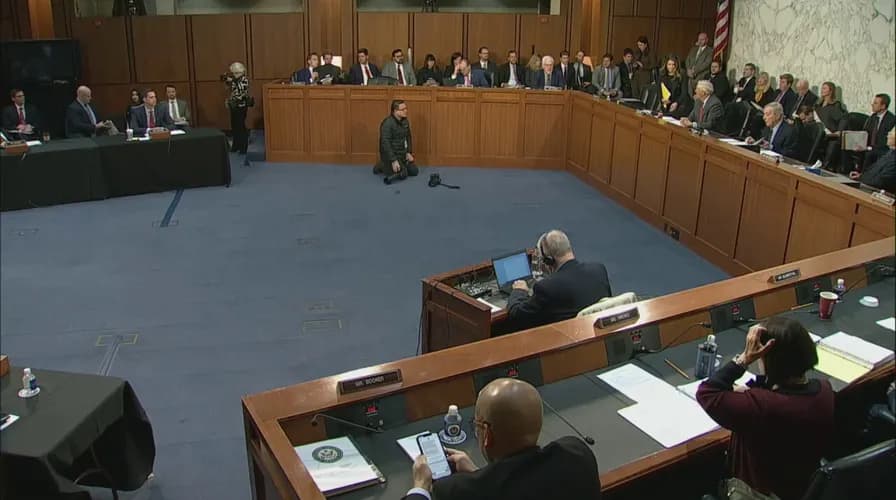In a shocking move that jeopardizes the very fabric of local news and public programming, the Senate is poised to vote on a proposal that could strip over $500 million in funding from the Corporation for Public Broadcasting (CPB). This funding is crucial for local radio and television stations, particularly in rural areas where alternative sources of information and entertainment are scarce.
Local Stations Face Catastrophic Impact
While organizations like NPR and PBS are often cited as the primary beneficiaries of federal grants, the reality is that local stations, especially those in remote areas, disproportionately rely on this funding to stay afloat. According to The New York Times, an internal NPR report from 2011 indicated that if Congress cuts off funding, up to 18 percent of the roughly 1,000 member stations could close. This would particularly affect broadcasters in the Midwest, South, and West, where access to diverse programming is already limited.
Disproportionate Effects on Marginalized Communities
The potential cuts to CPB funding would not only silence local voices but also exacerbate existing inequalities in media access. Marginalized communities, which often rely on public broadcasters for news and cultural programming, would find themselves even more isolated. As reported by Senators Gillibrand and Markey, these cuts threaten the broadcast infrastructure that serves as a lifeline in disaster situations, making it imperative that we protect these essential services.

The government might ask activists to repay the costs of s…
Economic Consequences for Local Economies
The ramifications of defunding public broadcasting extend beyond media access. Local stations often serve as economic engines for their communities, supporting local businesses through advertising and outreach. A decrease in funding could lead to layoffs and reduced programming, which would ripple through local economies that are already struggling. The loss of these stations would not only diminish the cultural landscape but also weaken economic resilience in areas that rely heavily on local information.
Public Broadcasting as a Public Good
The Public Broadcasting Act of 1967 was a visionary step towards ensuring that all Americans have access to quality information and educational programming. The CPB has played a vital role in maintaining this mission, providing support to stations that might otherwise be unable to operate. As noted in the Congressional Research Service, federal funding is essential for the functioning of public media, particularly in underserved areas where commercial interests fall short.

NPR Newsroom Implements New Funding Guidelines : NPR Public Editor : NPR
Rising Opposition to Funding Cuts
As the Senate prepares to vote, a growing coalition of progressive leaders and community advocates is rallying against the proposed cuts. They argue that public broadcasting is not merely a luxury but a necessity for democracy and informed citizenship. The stakes are high, and the implications extend far beyond the broadcasting realm. As reported by Senator Murphy and his colleagues, the loss of federal support would dismantle a vital communication network for millions of Americans.







![[Video] Gunfire between Iraqi security forces and Sadr militias in Baghdad](/_next/image?url=%2Fapi%2Fimage%2Fthumbnails%2Fthumbnail-1768343508874-4redb-thumbnail.jpg&w=3840&q=75)
